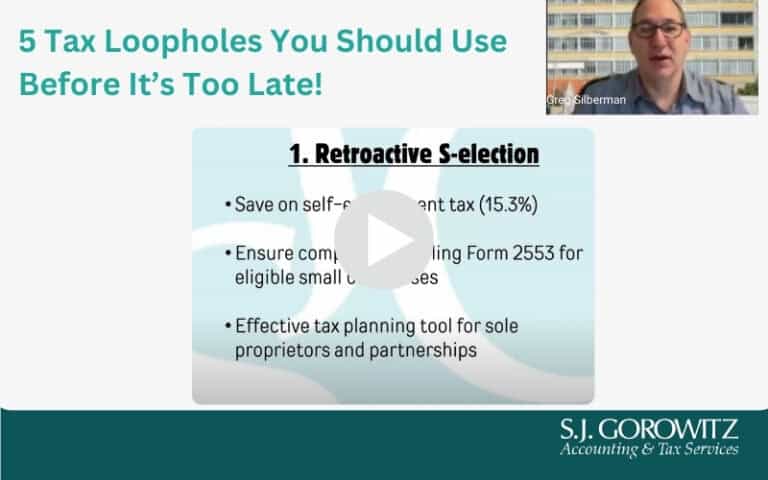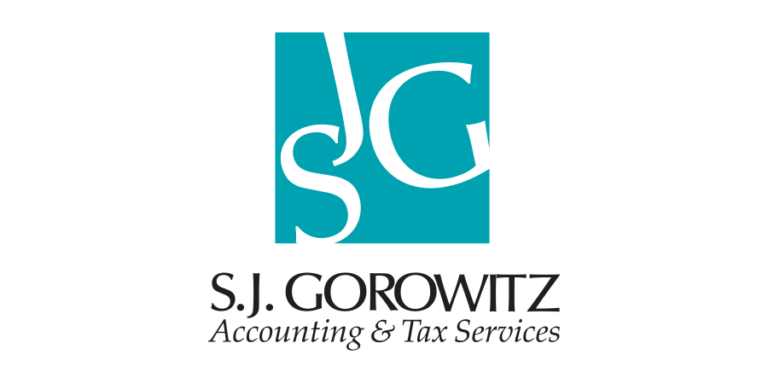
A new Corporate Alternative Minimum Tax (CAMT) was enacted when the Inflation Reduction Act was signed into law in 2022. The tax is expected to raise a significant amount of revenue for the government. Businesses and their tax and finance teams should now dig into the details of the CAMT in order to understand their new tax obligations.
What Is the Alternative Minimum Tax?
The Alternative Minimum Tax (AMT) was first enacted by Congress in 1969 to prevent wealthy taxpayers from essentially paying zero taxes by using tax preferences to reduce their taxable income.
As the Tax Foundation explains, the AMT eliminates or reduces the value of tax preferences taken under the ordinary system. The AMT requires that some taxpayers calculate their tax liability under both ordinary income tax rules and AMT rules, then pay whichever amount is highest. Taxpayers add certain deductions back into their income to figure out their Alternative Minimum Taxable Income (AMTI).
The CAMT Under the Inflation Reduction Act
A sweeping piece of legislation, the Inflation Reduction Act aims to reduce the federal deficit, fight inflation, invest in domestic energy and manufacturing, and address climate change. It also includes healthcare provisions related to Medicare and the Affordable Care Act.
The Act’s investments and incentives require raising a substantial amount of revenue. One provision is a 15% CAMT that is expected to raise $313 billion. Applicable corporations must comply with the CAMT based on the adjusted financial statement income (AFSI) they report to shareholders.
Latest Guidance on the CAMT
The CAMT takes effect in tax years after December 31, 2022. The U.S. Treasury and the IRS released Notice 2023-7 in December 2022, which provides interim guidance that taxpayers can rely on until the Treasury publishes additional guidance on the CAMT
The CAMT opens up numerous questions, and many in the tax community recommend that businesses seek counsel on issues such as determining applicability, accounting for foreign taxes and transition/carryforward procedures. “As we await additional guidance and proposed regulations from Treasury, one thing seems clear: The new CAMT regime will be extensive and complicated, and also difficult and burdensome for companies to administer,” KPMG’s Greg Engel notes in Forbes.
An experienced business taxes accountant can help companies understand the Corporate AMT and how it applies to their business. S.J. Gorowitz Accounting & Tax Services is an Alpharetta, Georgia-based Certified Public Accounting (CPA) and business advisory firm that specializes in serving the needs of growing businesses and helping them navigate compliance with the latest tax laws.
























